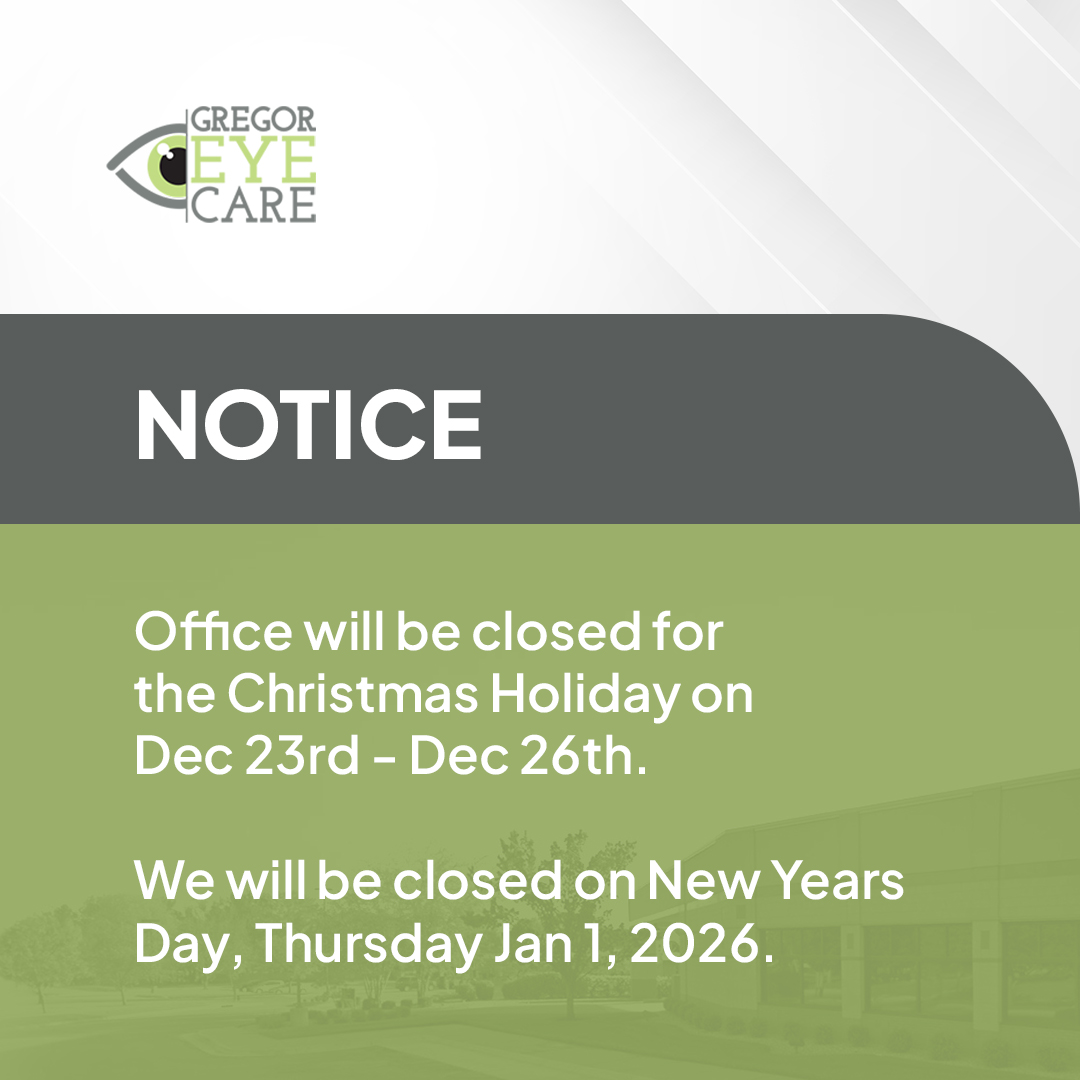Gregor Eye Care Blog
Learn more about optometry care in our blog!

Astigmatism is an eye condition that arises due to an irregularly shaped cornea or lens, leading to blurred or distorted vision. The process of rectifying this condition is known as astigmatism correction. In the past, glasses were the most common solution for astigmatism correction. However, with advancements in technology and optical science, several other solutions have emerged, including specialty lenses, which have proven to be highly beneficial for astigmatism correction.

Presbyopia is a condition that typically occurs with age. It manifests as a difficulty in focusing on close objects, resulting in blurred vision.

Myopia, or nearsightedness as it's commonly known, is a visual condition in which distant objects appear blurry while close objects can be seen clearly. It's a prevalent issue, especially among children, and is often first identified during school-age years.

Dry eye syndrome is a prevalent eye condition in the United States, affecting approximately 16.8 million people. The condition's symptoms can significantly impact your vision and quality of life.

Dry eye syndrome is a prevalent condition characterized by insufficient lubrication of the eyes. It can result in discomfort and potential eye damage.

The role of your eyes cannot be emphasized enough. As arguably the most important sensory organs in your body, they require proper nourishment to maintain functionality and health.

Have you ever seen a weird blob or worm floating in your field of vision while looking at a light? Not only that—it moves with you as you turn your head.

Eye emergencies can happen suddenly and without warning. Understanding what constitutes an eye emergency is essential to getting the proper treatment quickly.

Diabetes impacts the body’s capacity to control blood sugar levels, causing various complications, including eye problems. Regular eye exams are essential for identifying eye problems and preserving a person’s vision.

Very valuable but quite delicate, your eyes help connect you to the world. Unfortunately, most individuals pay less attention to their eye health, only visiting their eye specialists when they begin to experience vision problems.









